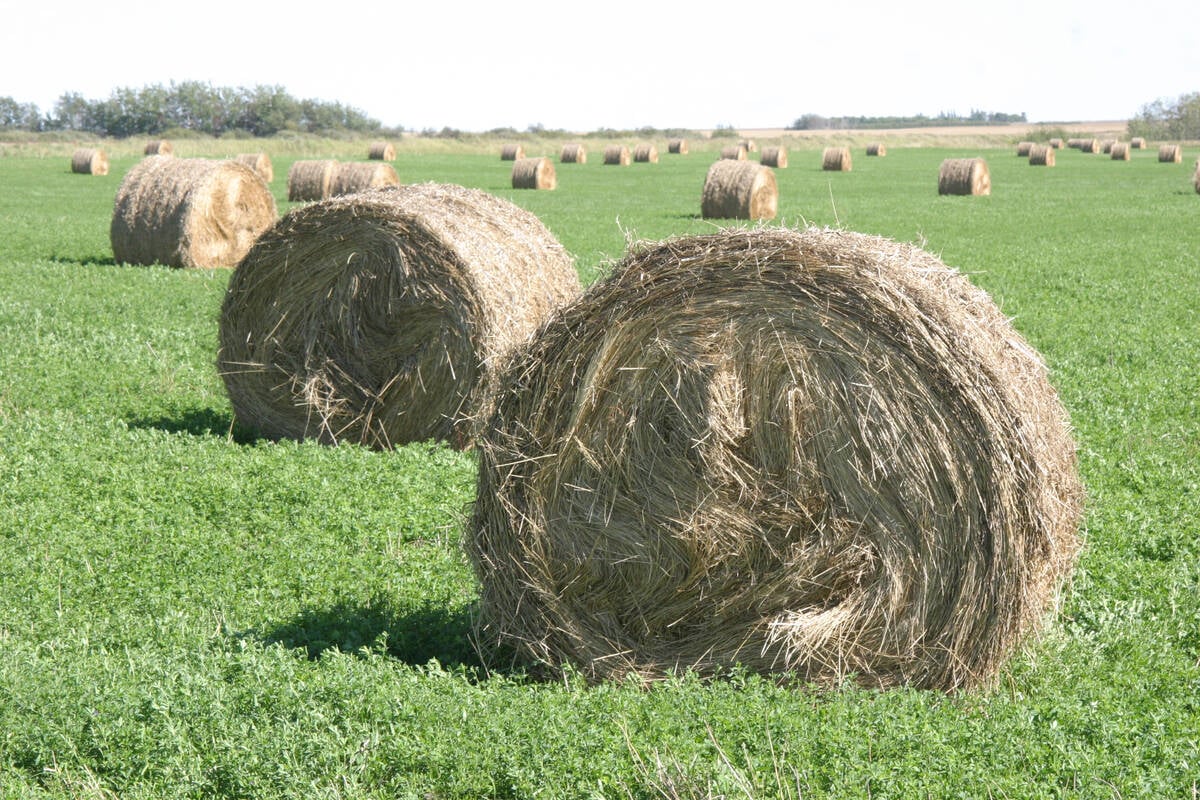CALGARY – A major fertilizer company and Agriculture Canada have formed a partnership to find a biological control for white mould disease.
The disease, caused by a fungus called sclerotinia, decreases yield and quality of vegetable and oilseed crops worldwide.
Cominco Fertilizer researchers and a team led by plant pathologist Henry Huang of Agriculture Canada’s Lethbridge research centre are investigating a bacteria which attack and kill this disease.
The first product is expected to be commercially available by 1998.
Tested on field beans
Read Also

Breaking down successful winter feeding into six steps
It’s that time of year when it is important to start planning for a cow herd’s winter feeding program. Here are six steps I think are necessary to consider when getting your feed tested.
Rob Rennie of Cominco said the control will be tested on field beans, an important crop in southern Alberta.
Researchers will look at inoculating seed and at developing a control that would be applied at the first signs of the disease.
Research plots will be in southern Alberta and Outlook, Sask.
If the bacteria work as researchers hope, the next stage will be to move into the soybean market in the United States, said Rennie.
Depending on the level of infection of sclerotinia and climatic conditions, growers can experience crops losses ranging from 10 percent to total loss.
Sclerotinia attacks dry beans, peas, lentils and oilseeds. It causes a white cottony coating on steams, leaves and pods in pulse crops.
The disease is currently controlled with fungicides.















